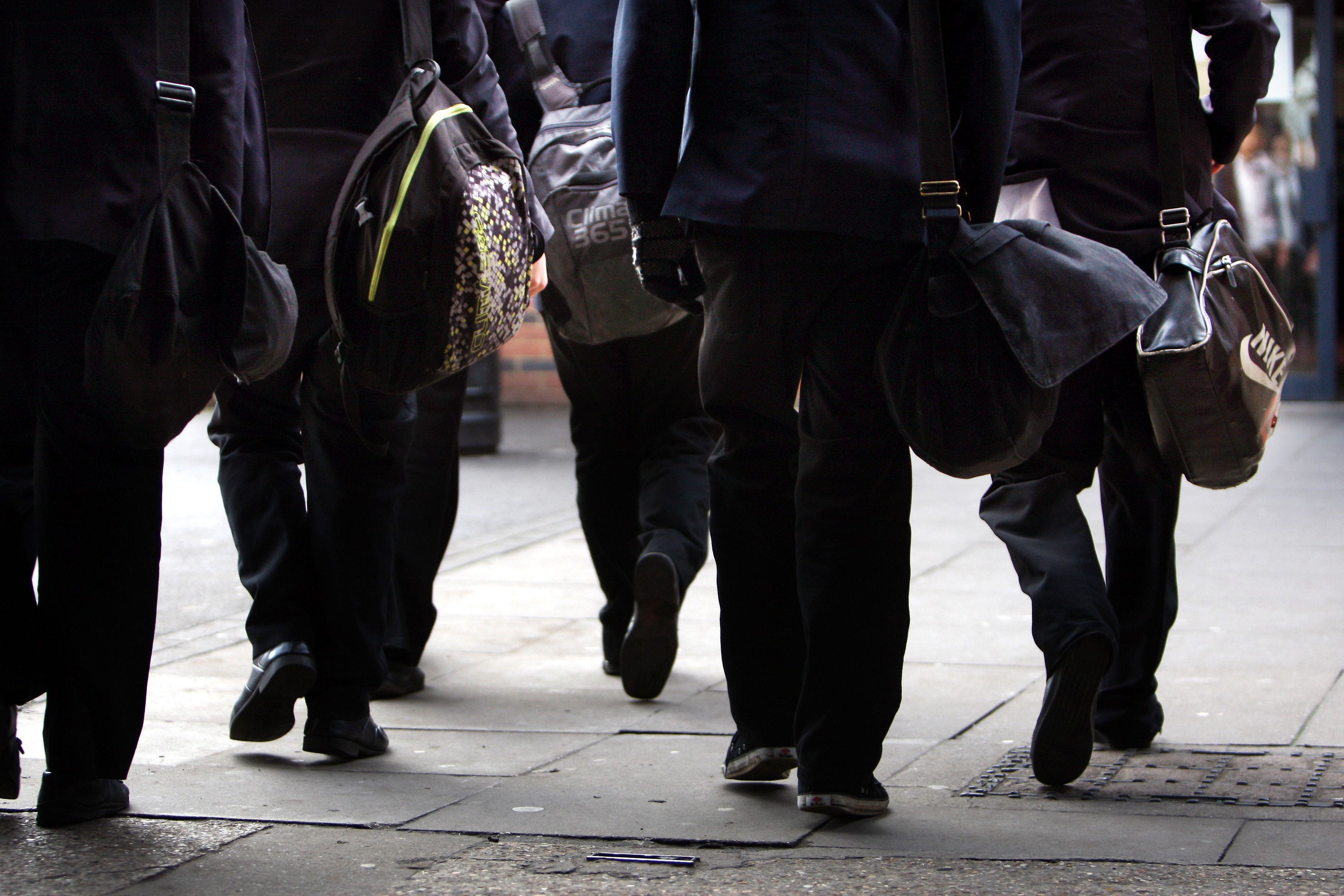Pupils who regard teachers as discriminatory ‘likely to be behind peers’ – study
The study has been described as the first large-scale, multi-country research of its kind.

School pupils who regard their teachers as discriminatory are likely to be behind in reading and maths, research has found.
The conclusion comes after a study led by Dr Gulseli Baysu of Queen’s University Belfast which has been described as the first large-scale, multi-country research of its kind.
It focused on 2018 PISA data – a set of internationally accepted tests, considering the scores of 445,534 pupils in 16,002 schools across 60 countries.
Among the conclusions drawn are that when 15-year-old pupils think there is discrimination in their school, their scores are lower on the standardised tests for both maths and reading.
Researchers found that 25% of the pupils thought their teachers were discriminatory some of the time or more of the time.
We found that when adolescents perceived a discriminatory school climate, they reported lower school belonging and attached less value to learning and effort and this was then associated with lower performance
These students were up to one year behind other students who reported low or zero levels of discrimination, according to the study.
For pupils who reported their teachers to be discriminatory all of the time or almost all of the time the academic outlook was even worse – they were up to two years behind with reading and maths.
The trend of lower academic performance being associated with perceived discrimination was found in the research to be the same for all pupils, regardless of their ethnic background or socio-economic status.
However, students from a minority background perceived more discrimination within their schools.
Dr Baysu commented on the research: “To put it simply, our research found that when pupils report that their teachers are prejudiced, hold negative stereotypes, and say negative things and blame other cultural groups, their academic performance is worse.
“This means that discrimination against ethnic minorities can have an impact on all students, including those who are not the targets of discrimination. So, in schools with a high discriminatory climate, academic performance of all pupils is lower.”
Dr Baysu and her colleagues from the KU Leuven, Belgium and The University of Amsterdam, The Netherlands (Agirdag & De Leersnyder) also investigated the psychology behind this.
She said they examined two psychological mechanisms that may potentially explain the association between discriminatory school climate and academic performance.
“This was the pupils’ sense of belonging and their attitudes towards learning,” she said.
“We found that when adolescents perceived a discriminatory school climate, they reported lower school belonging and attached less value to learning and effort and this was then associated with lower performance.”
She added: “These findings suggest that schools can protect adolescents from these adverse outcomes.
“They can promote both the wellbeing and achievement of all pupils by creating and maintaining a positive school climate that welcomes and respects ethnic-cultural diversity.”
Bookmark popover
Removed from bookmarks